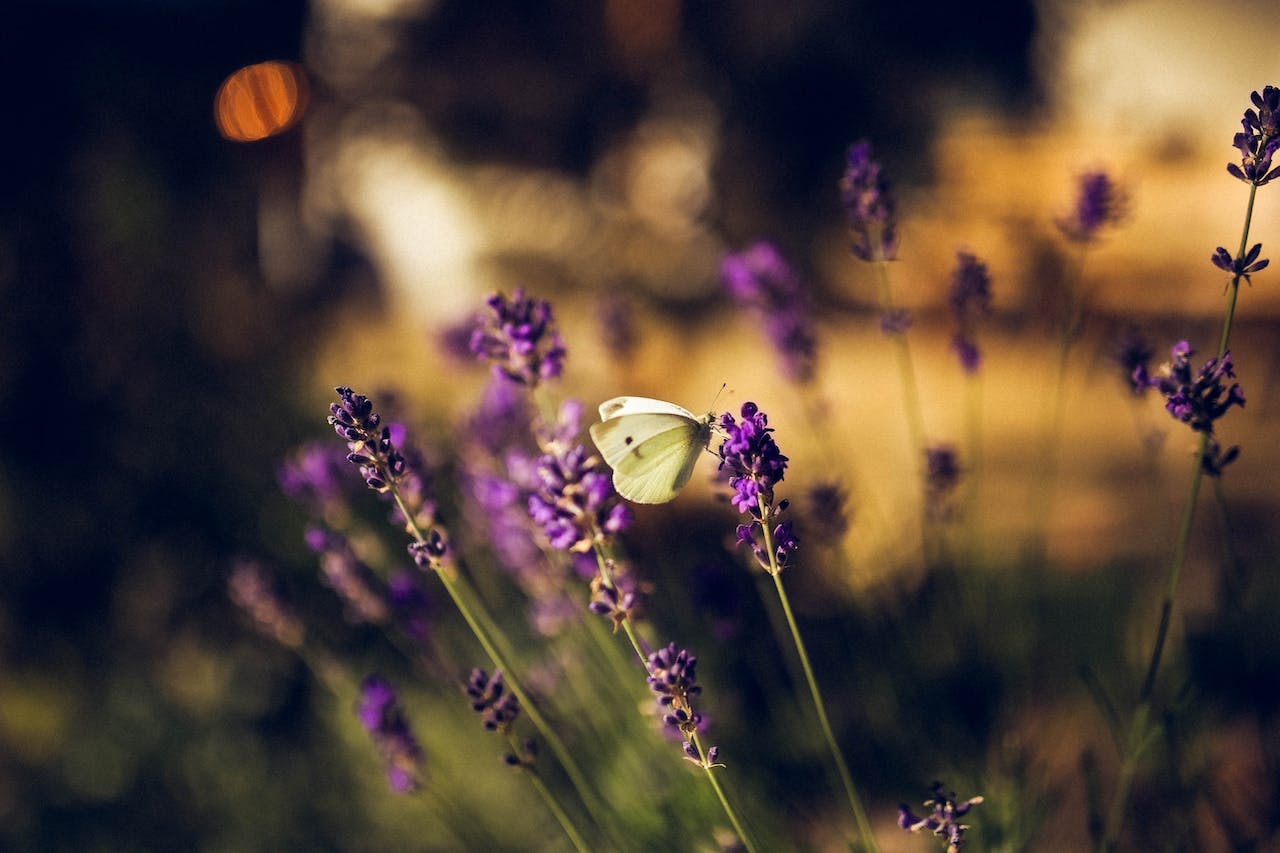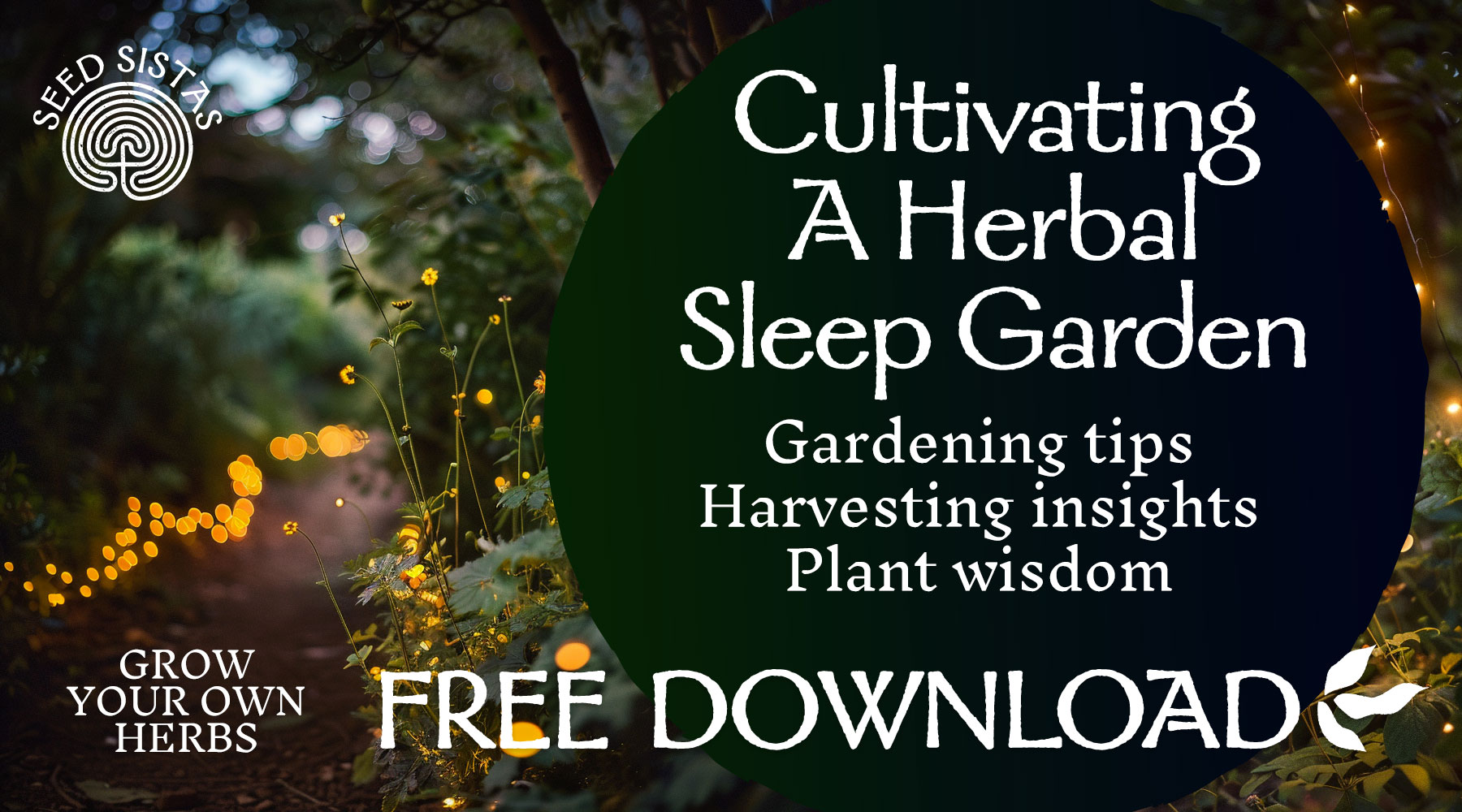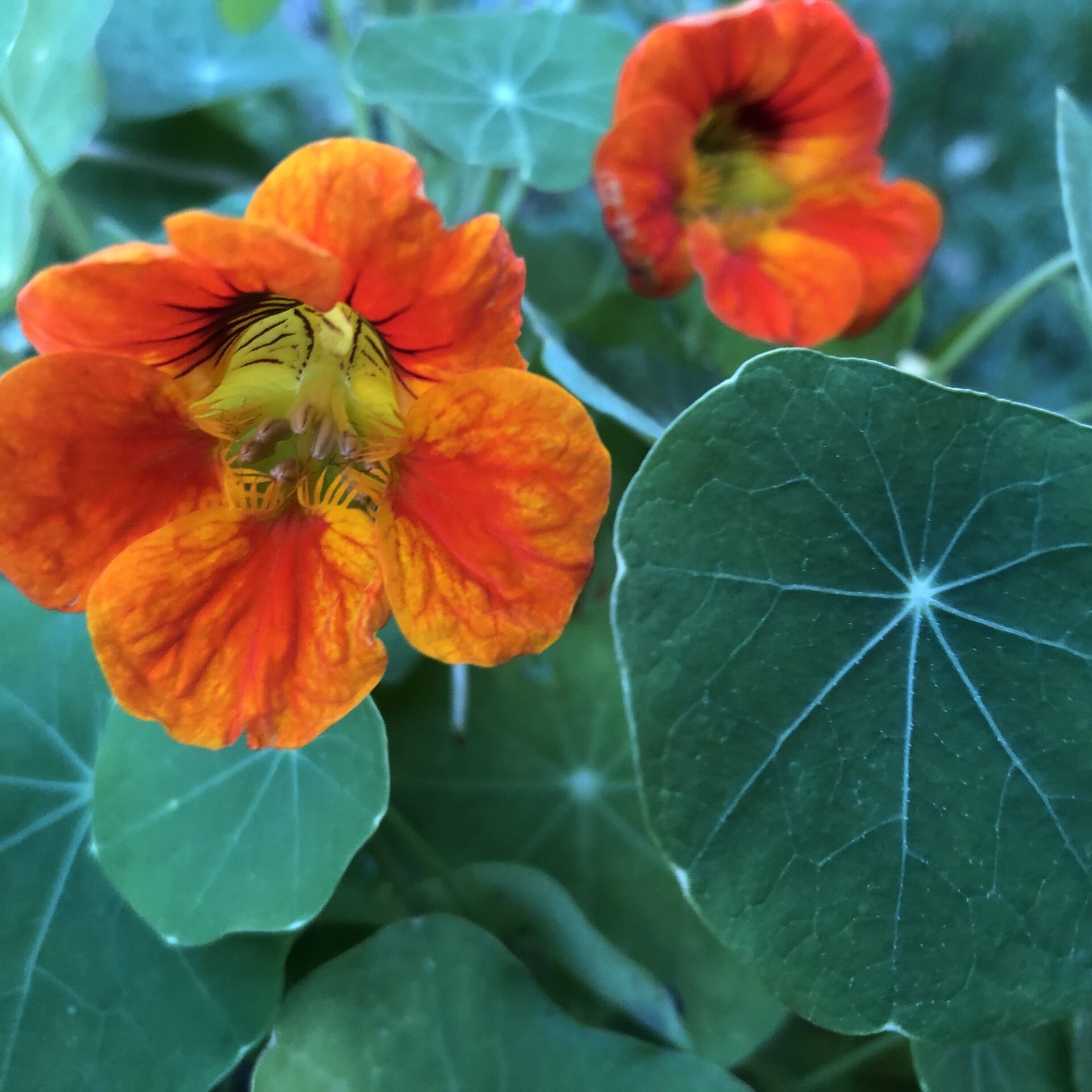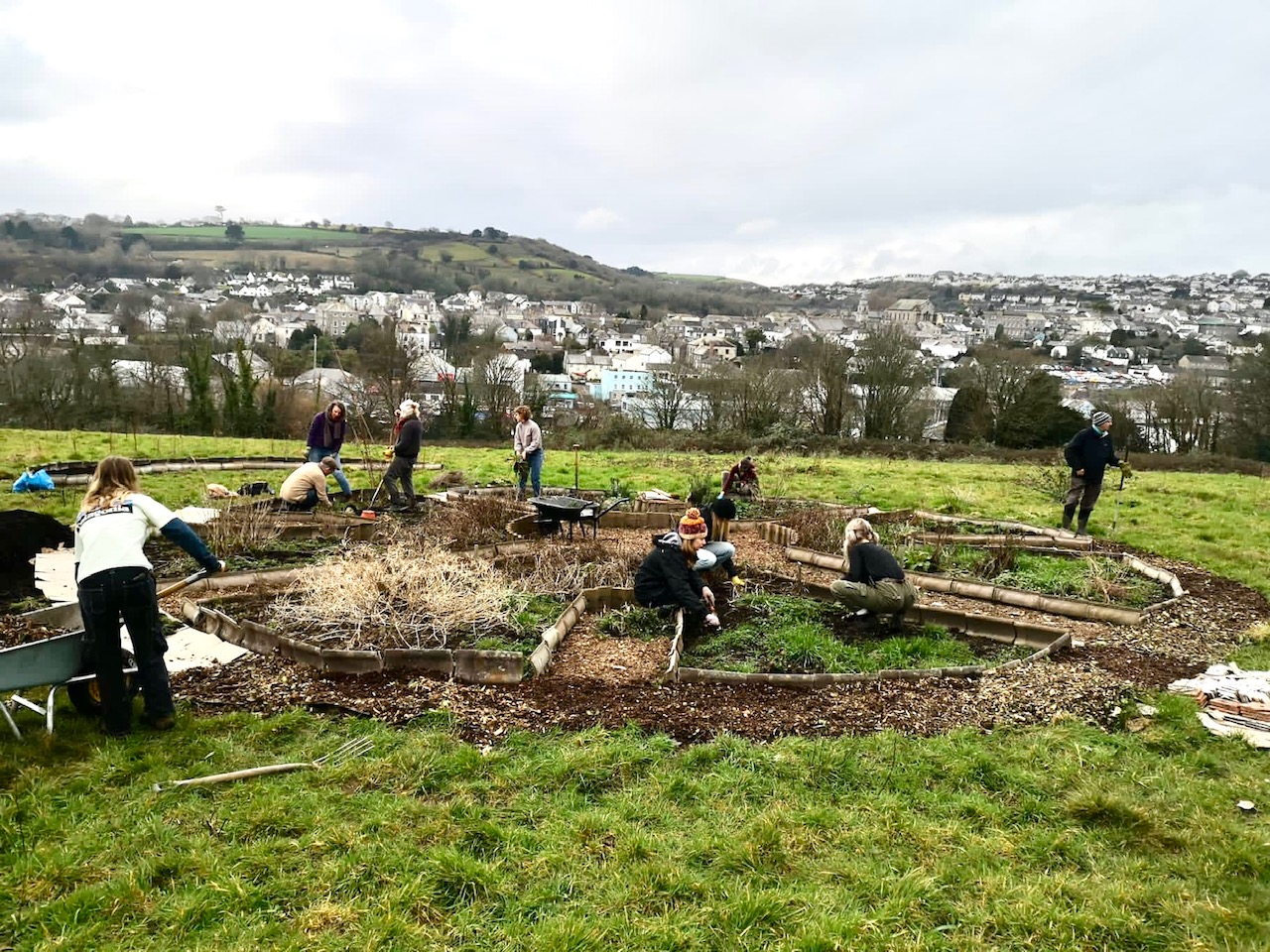Cultivating Peace and Serenity in a Community Herb Garden
“There’s huge physical and mental health benefits just from the actual gardening and maintenance,” Councillor Lucy Bywater said regarding community growing schemes at the Community Herb Garden on the Rothsay/Castle roundabout. “Because people chat, people talk about all sorts of things while they’re doing it, so it’s a counter to loneliness and isolation,” she added. In addition to providing community through social interaction, however, community herb gardens can be particularly beneficial, from the value of spending time in nature to the herbs themselves.
The many benefits associated with nature
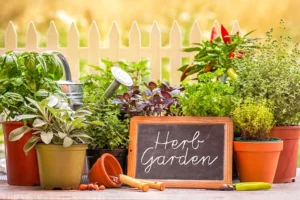 When exploring the value of a community herb garden, being surrounded by nature is perhaps one of the most prevalent advantages — especially when considering the mental health benefits involved. Spending time in green space or bringing nature into your everyday life can improve your mood, reduce feelings of stress or anger, help you take time to relax, and help you feel more connected to nature. The Mental Health Foundation highlights the fact that research shows that people who are more connected with nature tend to be happier in life, as well as more likely to report feeling their lives are worthwhile. “Nature can generate many positive emotions, such as calmness, joy, and creativity and can facilitate concentration,” notes the site.
When exploring the value of a community herb garden, being surrounded by nature is perhaps one of the most prevalent advantages — especially when considering the mental health benefits involved. Spending time in green space or bringing nature into your everyday life can improve your mood, reduce feelings of stress or anger, help you take time to relax, and help you feel more connected to nature. The Mental Health Foundation highlights the fact that research shows that people who are more connected with nature tend to be happier in life, as well as more likely to report feeling their lives are worthwhile. “Nature can generate many positive emotions, such as calmness, joy, and creativity and can facilitate concentration,” notes the site.
The power of nature regarding mental health can be further explored through effective implementations such as those that involve therapeutic landscaping. Defined as the practice of using landscapes to nurture and benefit human emotion and well-being, therapeutic landscaping, coupled with biophilic design, can be found in settings like therapeutic gardens. For example, therapeutic gardens can often be found in medical settings where patients with conditions such as serious mental illnesses can benefit. According to the UK National Health Service Forest information service, key principles to follow when creating a therapeutic green space include security and seclusion, maintenance, and accessibility — each of which can be beneficial in creating a community herb garden.
Countless advantages in a calming routine
According to the Mayo Clinic Health System, gardening has been shown to lighten mood as well as lower levels of stress and anxiety. “It’s very gratifying to plant, tend, harvest and share your own food,” highlights the post. It goes on to point out the value of a routine, which works to provide structure to our day and is linked to improved mental health. “Gardening routines, like watering and weeding, can create a soothing rhythm to ease stress.” However, the notion can go much further than that.
very gratifying to plant, tend, harvest and share your own food,” highlights the post. It goes on to point out the value of a routine, which works to provide structure to our day and is linked to improved mental health. “Gardening routines, like watering and weeding, can create a soothing rhythm to ease stress.” However, the notion can go much further than that.
A community herb garden can provide consistency to residents. For example, heading to the garden on a regular basis can provide a sense of purpose to residents in addition to something to look forward to. Through a routine, residents can integrate mindfulness and the peaceful nature of gardening into their day to day life, reap the benefits of regular social interaction (such as maintaining friendships), and carving out time for a newfound hobby. In fact, hobbies are linked with decreased symptoms of depression and 30% lower odds of experiencing depression, according to one study published in March 2020.
Finding inner peace (beyond the garden)
In addition to the many mental health benefits associated with the experience of gardening, it’s imperative to take into account the value that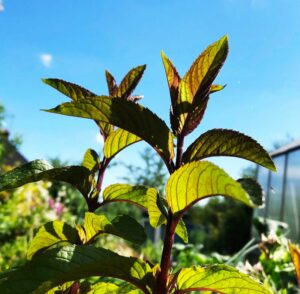 the herbs themselves can bring. Not only can residents take pride and joy in growing herbs together as a community, but there are several which can bring benefits that extend well beyond the garden. For example, lavender is well known to aid with sleep and relaxation, as it calms anxiety by soothing the limbic system (the part of our brain that controls emotions), according to a study published in the Natural Medicine Journal. Happiful goes on to highlight the benefits of peppermint, which can be used to make tea that supports digestion and sleep. Chamomile is another that is associated with relaxing qualities, while rosemary has been linked to a boost in memory and aloe vera is thought to help with relieving stress and headaches.
the herbs themselves can bring. Not only can residents take pride and joy in growing herbs together as a community, but there are several which can bring benefits that extend well beyond the garden. For example, lavender is well known to aid with sleep and relaxation, as it calms anxiety by soothing the limbic system (the part of our brain that controls emotions), according to a study published in the Natural Medicine Journal. Happiful goes on to highlight the benefits of peppermint, which can be used to make tea that supports digestion and sleep. Chamomile is another that is associated with relaxing qualities, while rosemary has been linked to a boost in memory and aloe vera is thought to help with relieving stress and headaches.
Proven benefits in the UK and beyond
Examples of how community gardens benefit residents can be seen across the UK. In Westhoughton, for instance, a community garden in Daisy Hill has been designed to support mental health. A day to celebrate the new garden was held on World Mental Health Day (Tuesday, October 10th). At the event, work from volunteers was showcased and the mental health benefits of gardening were promoted to over 60 people, according to the Bolton News. Community gardens in Kent are also working to help a range of people improve mental health via growing and nurturing plants. Abbey Physic Community Garden, for example, has a ‘Gardening for the Mind’ course, wellness workshops, talking groups and drop-in sessions in addition to a community cafe and kitchen.
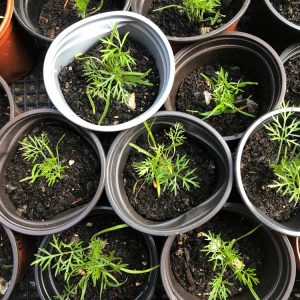 Across the pond in Greensboro, North Carolina, a community herb garden helps students and community members reconnect with plants and learn about cooking with herbs. Horticulture lecturer and director of Reid Greenhouse in the Department of Natural Resources and Environmental Design at North Carolina A&T State University Odile Huchette noted that her students had planted over 50 different types of herbs as well as worked with a chef in order to learn how to cook with them. The Charlotte Post cited Huchette’s explanation regarding the value of growing herbs: “Because they’re such a diverse group, and they have all of these different flavors and smells,” she said, going on to note, “That makes them very exciting plants to work with. They can be grown in containers in urban spaces, there’s no need to have large garden areas,” she added.
Across the pond in Greensboro, North Carolina, a community herb garden helps students and community members reconnect with plants and learn about cooking with herbs. Horticulture lecturer and director of Reid Greenhouse in the Department of Natural Resources and Environmental Design at North Carolina A&T State University Odile Huchette noted that her students had planted over 50 different types of herbs as well as worked with a chef in order to learn how to cook with them. The Charlotte Post cited Huchette’s explanation regarding the value of growing herbs: “Because they’re such a diverse group, and they have all of these different flavors and smells,” she said, going on to note, “That makes them very exciting plants to work with. They can be grown in containers in urban spaces, there’s no need to have large garden areas,” she added.
A community herb garden can bring a variety of benefits to the table beyond fresh herbs for cooking delicious meals. From the value that a routine can have to the aspects of socialisation involved, even the herbs themselves can work to benefit mental health beyond the garden.
Jackie Edwards used to work as a Community Garden Coordinator, specialising in herb gardens.

